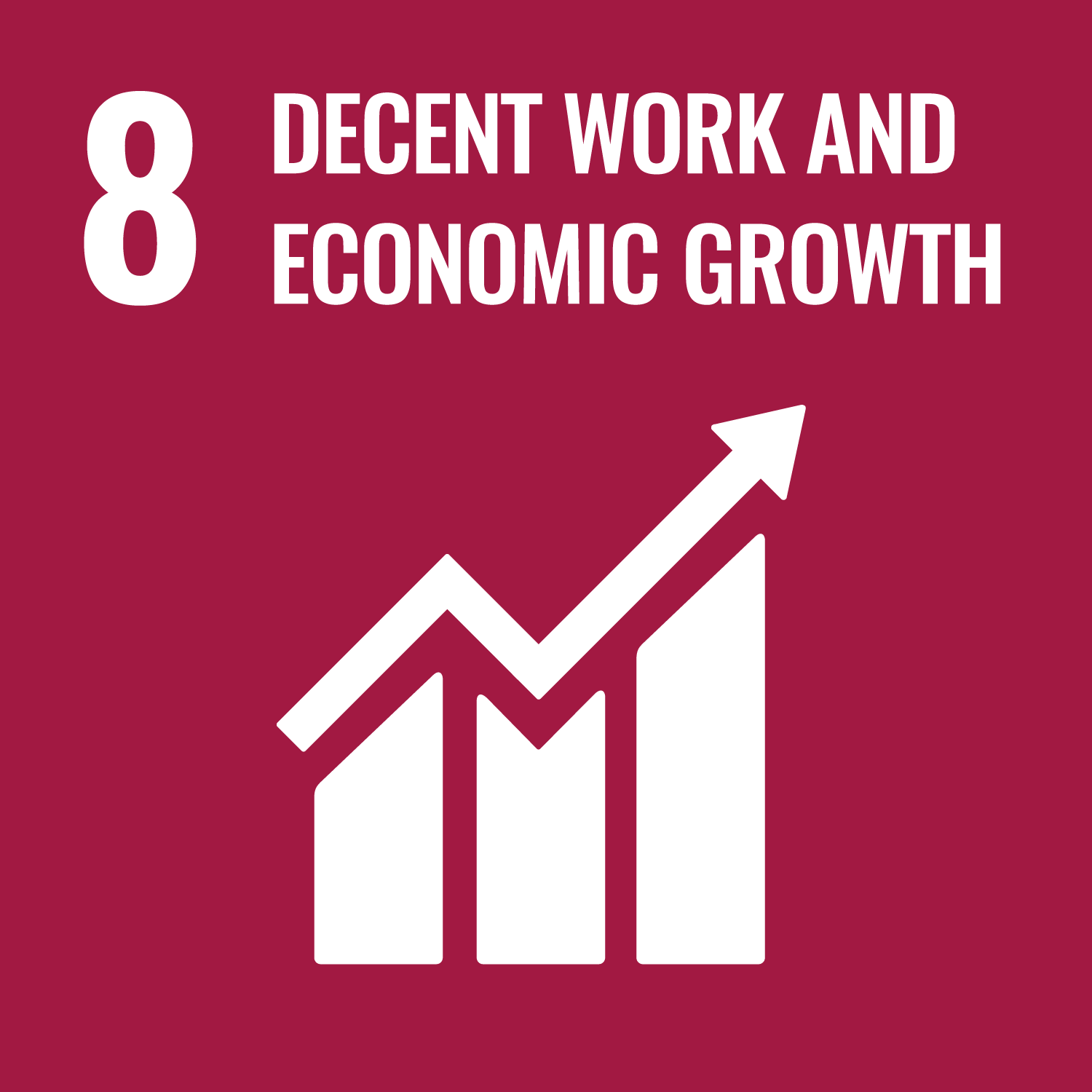SDG Detail
MGMT 309 : Organisational Ethics and Sustainability
Undergraduate courseProject description
MGMT 309 �Organisational ethics and sustainability� challenges students to apply the business knowledge they have been developing during Stage 1 (e.g. BUSINESS 101 or BUSINESS 102 or MGMT 101) and Stage 2 (e.g. BUSINESS 200 or MGMT 211 or MGMT 231) in a socially and environmentally responsible way through experiential learning and learning by doing. This course therefore bridges the big picture perspective of the grand challenges facing society in the 21st century and the local perspective of what individuals, businesses, governments and supra-national organisations can do to navigate through them. This course prepares students for a variety of career paths as the ability to identify, delineate and solve unstructured and complex problems is at the core of designing new, innovative business models as well as of future proofing existing ones through transformation. Whether students wish to follow an entrepreneurial, managerial, or research oriented (consulting, think tanks) career path, the ability to navigate through complexity and the development of a critical mind set is key to success.
Project aims
?
Project outcome
By the end of this course, students will be able to: Identify and delineate unstructured, and complex problems related to sustainability at multiple levels (individual, organizational, industry, nation state, and global). (Capability 3 and 6) Develop a plan outlining the steps that will be undertaken to achieve a better understanding of the identified problem. (Capability 3) Critically analyse the identified problem by putting the plan into practice. (Capability 1 and 2) Design solutions based on the analysis and the application of acquired theoretical knowledge. Include a discussion of what needs to be in place for the solutions to work. (Capability 1 and 3) Work collaboratively to create verbal, written and visual artefacts that document the different stages of the problem solving process in consistent, clear and persuasive ways. (Capability 4.1, 4.2, 4.3, 5.1 and 5.2) Apply ethical and other relevant theories to critically analyse the different facets of real world dilemmas and value conflicts (Capability 1)
Related SDGs
The corresponding sustainable development goals correlated with this project. You you click the icon to link to SDG category description page.









